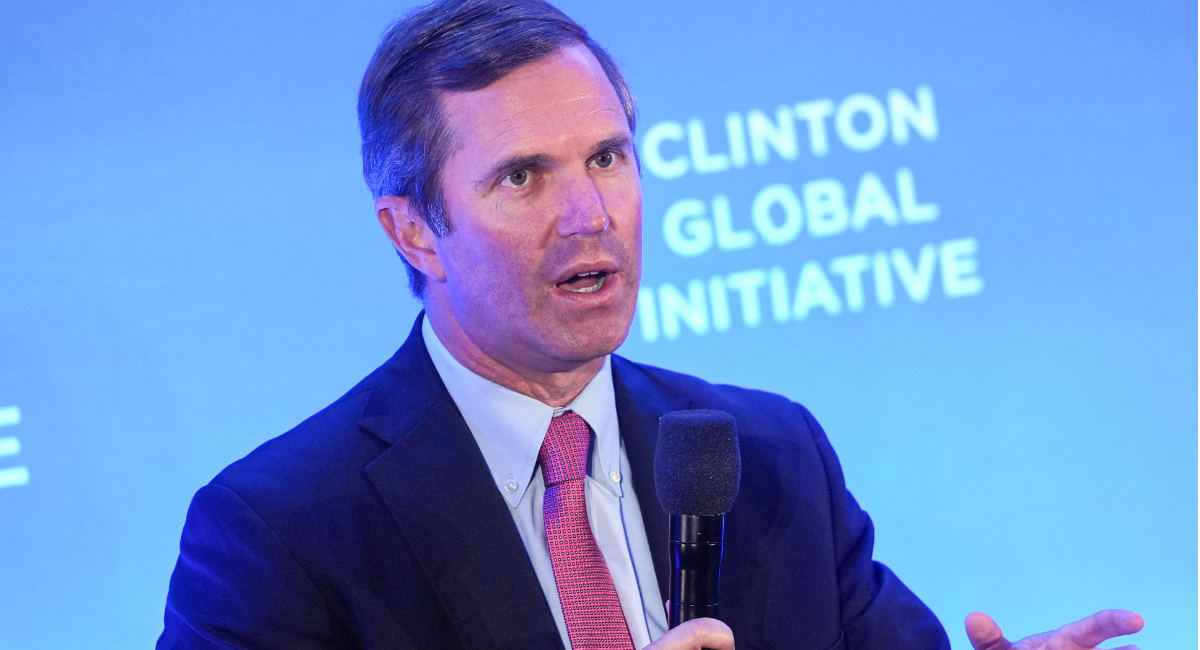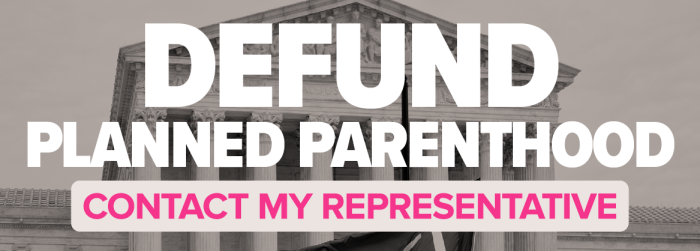At the request of Planned Parenthood, Kentucky Governor Andy Beshear vetoed a bill this week that aimed to clarify the state’s law protecting preborn children from abortion and also could have allowed the opening of freestanding birth centers in the state.
House Bill 90, an act relating to maternal health and declaring an emergency, sought to clarify the state’s pro-life law, which abortion advocates claimed was confusing for doctors.
Most preborn children are protected from abortion in Kentucky, except in cases in which their mothers’ lives are considered to be at risk. The Prohibition against intentional termination of life of an unborn human being states, “No person may knowingly: … Administer to, prescribe for, procure for, or sell to any pregnant woman any medicine, drug, or other substance with the specific intent of causing or abetting the termination of the life of an unborn human being.”
It’s clear that an act is only considered an illegal abortion if the intention is to kill the baby. But it also includes the exception that it is acceptable and legal for a doctor “to perform a medical procedure necessary in reasonable medical judgment to prevent the death or substantial risk of death due to a physical condition, or to prevent the serious, permanent impairment of a life-sustaining organ of a pregnant woman.” The doctor would have to attempt to save both the mother and baby, but if the baby died unintentionally, it would not be considered an abortion.
After the law was enacted, abortion advocates claimed it made it difficult for doctors to save the lives of pregnant women in emergencies. Therefore, the goal of HB 90 is “to clarify the distinction between an elective abortion and illegal termination of the life of an unborn child protected under Kentucky law and medically necessary interventions that affirm the fundamental right to life, ensure compassionate and comprehensive care for mothers and unborn children that are appropriate medical management for serious and life-threatening perinatal medical complications such as spontaneous miscarriage, or to treat conditions such as ectopic and molar pregnancies…”
It listed several conditions that would warrant immediate care that would not be considered an abortion, such as emergency C-sections and preterm deliveries.
However, Planned Parenthood and other abortion businesses urged Beshear to veto the bill after it passed the legislature. “Planned Parenthood Alliance Advocates – Kentucky strongly requests that you veto House Bill 90, the extreme anti-abortion policy legislators rushed through with limited transparency or opportunity from medical professionals. The substitute language,” it claimed, “endangers Kentuckians’ lives by forcing pregnant patients into medical crises before allowing abortion care and continuing to limit providers exercising their best medical judgment.” (emphasis added)
Beshear claimed that “House Bill 90 creates an exhaustive list of specific emergent situations” in which the state would allow abortions. He also claimed that the “bill is silent on any other emergency situations” and that no one could “possibly create an exhaustive list of emergency situations…”
“Gaps in the law are literally a matter of life and death,” he said.
In other words, the problem was never that the law was confusing, nor was the problem that it wasn’t specific enough about the medical conditions that would warrant an abortion. The problem for Planned Parenthood, other abortionists, and pro-abortion politicians like Beshear, was that the law does not allow abortion for any reason at any time in the state.
The law has been clear from the beginning — an induced abortion is any act that directly and intentionally kills preborn children. That is what the Kentucky law prohibits.
The legislature has the opportunity to override the veto when it meets on Thursday.








